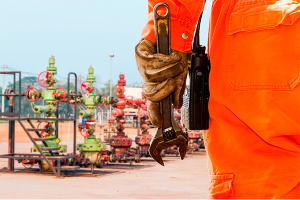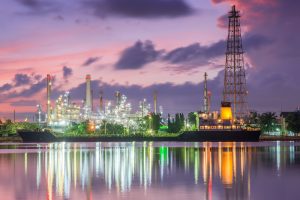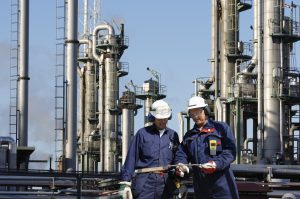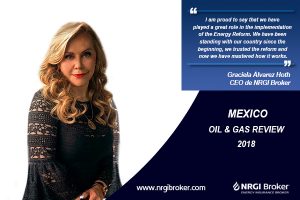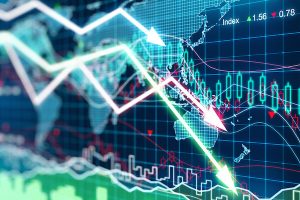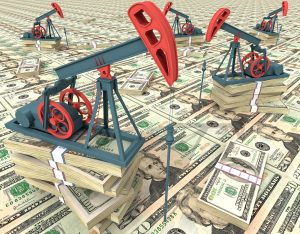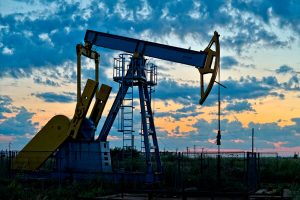¿Por qué contar con un broker de seguros especializado en energía?
Los seguros son instrumentos financieros de previsión que nos ayudan a reducir la incertidumbre económica sobre acontecimientos súbitos e imprevistos que puedan afectar el patrimonio de las empresas o de las personas. En sentido estricto, se trata de un contrato a través del cual una de las partes (la aseguradora) se compromete, a cambio de una prima, a indemnizar al asegurado en caso de que se lleve a cabo el evento amparado en la póliza.
Los seguros que se requieren en el sector energético son complejos, pues generalmente a través de ellos, se amparan grandes riesgos, como pueden ser operaciones de exploración y extracción de hidrocarburos en aguas profundas; transporte de petróleo por barco; tendido de ductos; construcción y operación de terminales de almacenamiento, etc.
Para asegurar estas actividades, es necesario conocer sus características, así como el tipo de riesgos a los que están expuestos, dado que: 1) son peligrosas por sus características de inflamabilidad y explosividad; 2) se les considera actividades altamente riesgosas; 3) es infraestructura de grandes dimensiones y con altos grados de inversión económica; 4) pueden encontrarse o recorrer zonas social y ambientalmente vulnerables y 5) están expuestas a las acciones u omisiones de contratistas, sub-contratistas y proveedores de servicio.
Derivado de lo anterior, para contar con la asesoría idónea y contratar los seguros adecuados, es necesario contar con los servicios de un broker especializado en materia de energía.
Este tipo de brokerofrece asesoramiento profesional e imparcial para la contratación de los programas integrales de seguros, con las coberturas que pueden contratarse en México, pero también cuenta con la capacidad para colocar coberturas en el mercado internacional de reaseguro, cuando se trata de “grandes riesgos”.
Además, ofrece una variedad de soluciones innovadoras y puntuales que deben ajustarse a las necesidades particulares de cada negocio, dependiendo del perfil de la organización y de los riesgos a los que ésta se expone diariamente en sus operaciones.
El conocimiento de la industria petrolera y de los mercados de seguro y reaseguro, que este grupo de profesionales posee, les permite implementar y operar las mejores estrategias en la gestión de administración de riesgos, de conformidad con las necesidades de cada cliente para maximizar las oportunidades y limitar los riesgos.
México hace frente a un nuevo panorama con la Reforma Energética, que dará lugar a nuevos esquemas de contratación y participación en el sector de petróleo y energía.
En NRGI Broker, somos expertos en seguros para el sector energético. Acércate a nosotros, con gusto te atenderemos.
